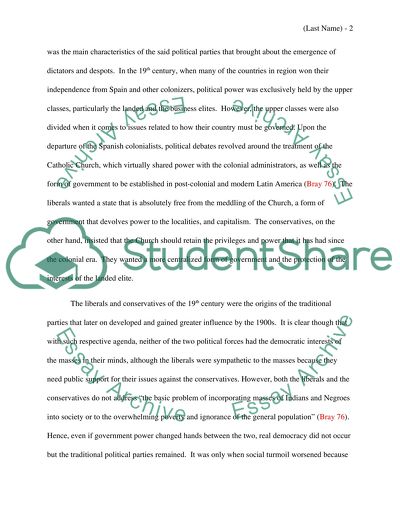Cite this document
(“The Role of Traditional Political Parties in the Democratization Essay”, n.d.)
Retrieved from https://studentshare.org/history/1446647-politics-of-latin-america
Retrieved from https://studentshare.org/history/1446647-politics-of-latin-america
(The Role of Traditional Political Parties in the Democratization Essay)
https://studentshare.org/history/1446647-politics-of-latin-america.
https://studentshare.org/history/1446647-politics-of-latin-america.
“The Role of Traditional Political Parties in the Democratization Essay”, n.d. https://studentshare.org/history/1446647-politics-of-latin-america.


